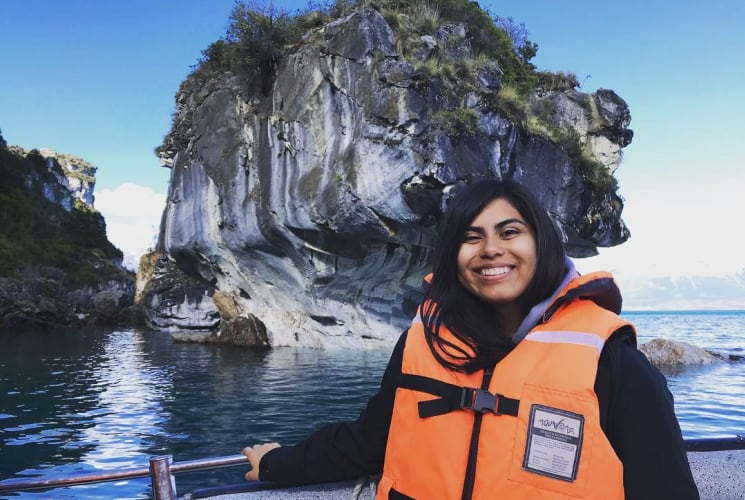Our Team
With their multicultural backgrounds, higher education and study abroad expertise, and love for travel and culture, the AIFS Abroad team will support you through every step of your journey. We are also proudly supported by our Board of Advisors.
